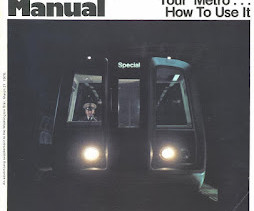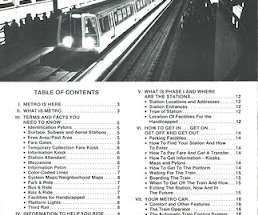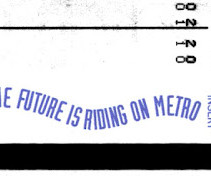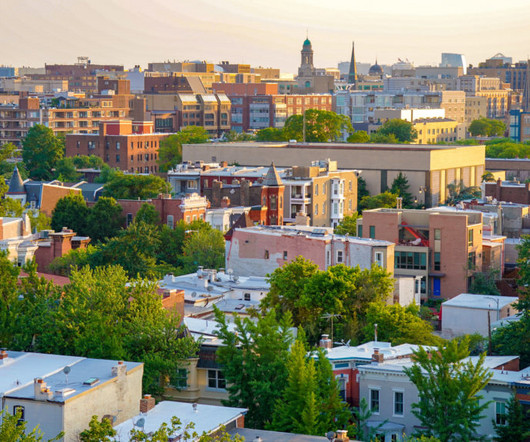It’s time to talk about a regional tax to help fund Metro (DC area)
Rebuilding Place in Urban Space
DECEMBER 19, 2023
Regardless of Rahm Emanuel's point about not wasting crises , my observation is that governments aren't good at decision making generally, and are particularly bad during crises. But if the federal government refused to participate, it would significantly reduce the revenues from it. And later about various funding mechanisms. -- St.












Let's personalize your content